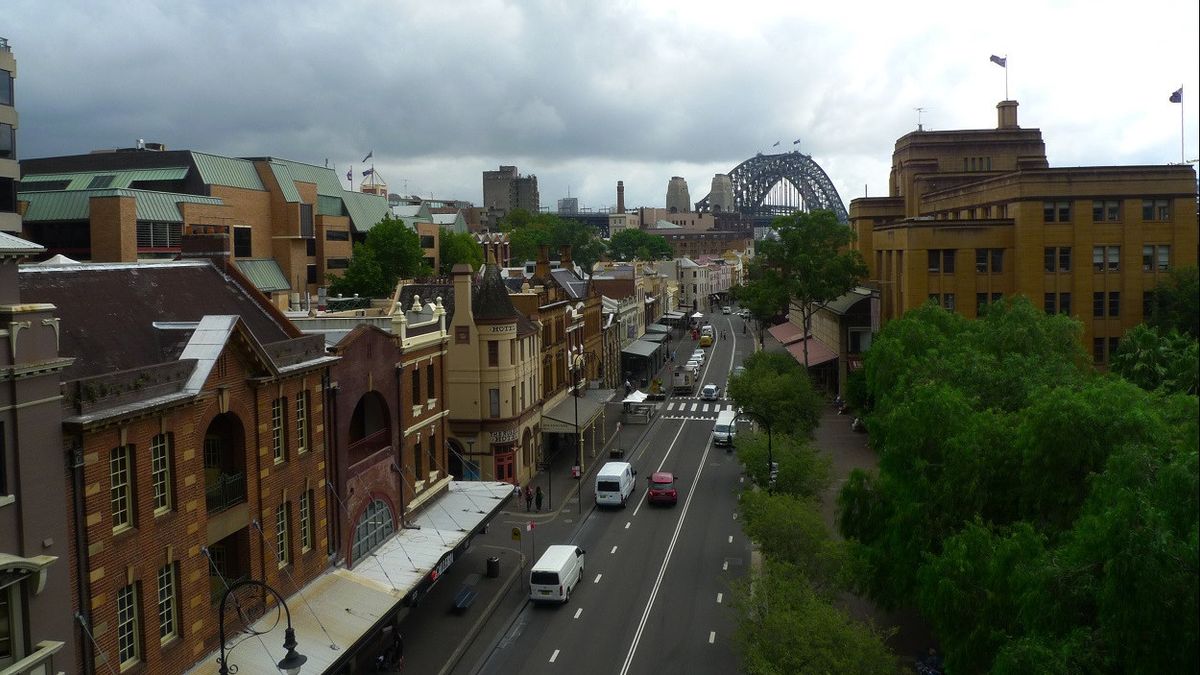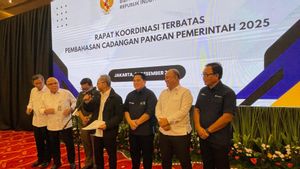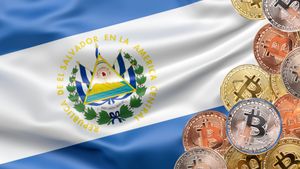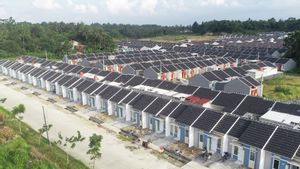JAKARTA - Australian Prime Minister Scott Morrison and state prime ministers came under increasing public pressure on Friday to tackle the Delta-variant COVID-19 outbreak that poses a major threat in the months ahead.
The outbreak highlights what critics say are Australia's weaknesses in its response to the pandemic, delays in ordering vaccines, inappropriate guidance and hesitation about receiving vaccines, and lockdowns and quarantines deemed too lenient.
Australian authorities reported 103 new cases on Friday, mostly in Sydney with the rest in Melbourne, bringing the total cases since the current outbreak began a month ago to above 1,000. Two people died, 75 people were hospitalized with 18 people in intensive care.
Not a huge amount on a world scale, but for Australia, it was a sharp turnaround after experiencing only minor, localized turmoil for a few months.
Since Friday, 40 per cent of the country's 25 million people, across Sydney, the epicenter of the outbreak and the State of Victoria, are living under some form of lockdown conditions.
Of primary concern to health officials is the fact that the proportion of people who are out in public while contagious remains very high, despite Sydney residents entering their fourth week of lockdown.
"I can't stress to the public my absolute concern we need to work harder to reduce mobility, reduce our interactions with other people," said New South Wales Chief Health Officer Kerry Chant.

The situation has sparked criticism of New South Wales State Prime Minister Gladys Berejiklian's approach to the crisis, with some health officials saying she was too slow to impose a lockdown on Sydney and not make it a strict one.
Berejiklian, who has extended the lockdown twice to a total of five weeks, on Friday appealed to people to follow stay-at-home orders, insisting he would tighten restrictions if necessary.
His government has repeatedly refused to specify what business and personal movements it deems important, saying people should use common sense. Meanwhile, many home stores and other non-food retailers, which have become 'hotspots' for the spread of the virus, remain open.
In neighboring Victoria, where the virus spread to Melbourne from Sydney via returning families and furniture-moving teams, Prime Minister Daniel Andrews began a stricter five-day lockdown on Thursday evening, closing all retail stores.
"We have no choice. We can see what a thousand cases look like, and we don't want that," said Andrews
Both Berejiklian and Andrews agreed that the number of people in the infected community had to be close to zero before restrictions were lifted. Meanwhile, economists estimate the Sydney lockdown alone will cost the Australian economy A$2 trillion or around US$1.5 trillion.
Critics also said the PM Morrison administration's delay in securing supplies of a COVID-19 vaccine had left Australia "overwhelmed" with the Delta variant, compared to the first wave of the pandemic so far last year.
Prime Minister Morrison, who has been demanded to boost a new vaccination program to around 10 percent of the total population, blamed a shortage of Pfizer's vaccine supply and restrictions on the use of AstraZeneca's vaccine for a rare blood clot link.
Meanwhile, citing Worldometers, as of Friday 16 July Australia recorded a total of 31,626 COVID-19 infections, with 912 deaths and 29,594 patients declared cured.
The English, Chinese, Japanese, Arabic, and French versions are automatically generated by the AI. So there may still be inaccuracies in translating, please always see Indonesian as our main language. (system supported by DigitalSiber.id)













